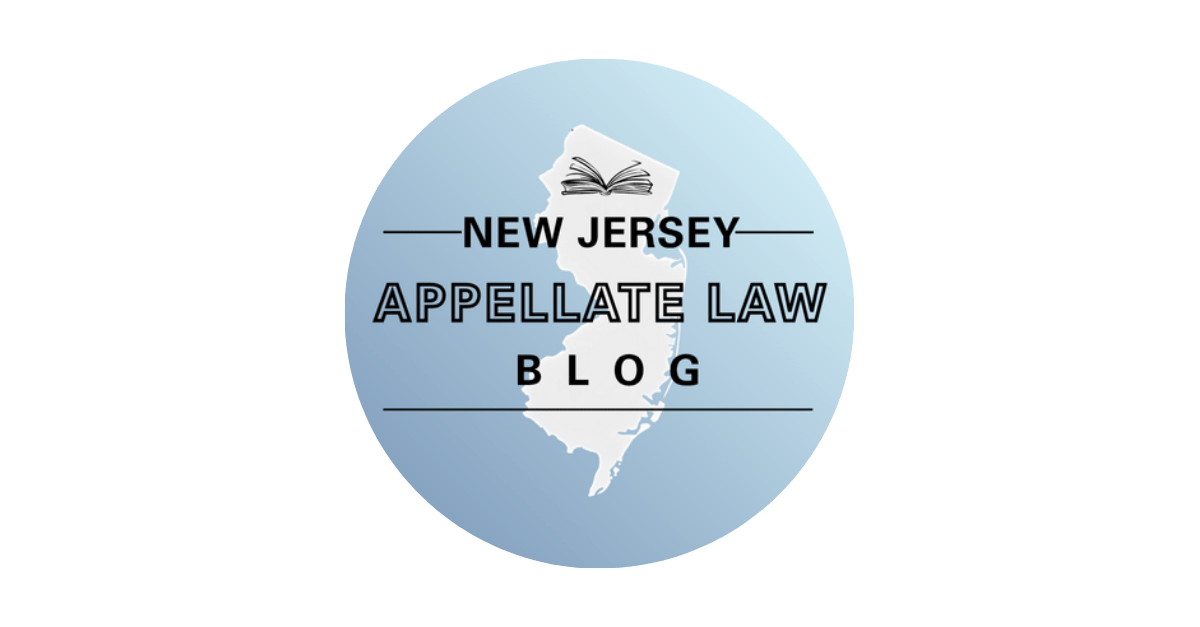The Supreme Court announced that it has granted review in five new appeals. Two of those entailed motions for leave to appeal, while the Court granted certification in the other three matters.
In Vector Foiltec LLC v. Becker, the question presented, as phrased by the Supreme Court Clerk’s office, is “Is a settlement agreement in a civil matter enforceable if payment is conditioned on one of the parties recommending that the other party be admitted into the pre-trial intervention program in a related criminal matter?” The case was in a leave to appeal posture because there remain parties who were not involved in the settlement agreement at issue, so there was no final judgment. The Law Division held that the settlement agreement was enforceable and a three-judge panel of the Appellate Division affirmed in a per curiam unpublished opinion.
The other leave to appeal case is Musker v. Suuchi, Inc. The question presented there is “Under the circumstances presented, are the commissions at issue ‘wages’ covered by the Wage Payment Law or ‘supplementary incentives’ not covered by the Wage Payment Law?” As summarized here, the Law Division granted a defense motion for summary judgment, holding that the commissions were supplementary payments not covered by the Wage Payment Law. The Appellate Division affirmed in an opinion reported at 479 N.J. Super. 38 (App. Div. 2024).
Turning to the cases in which the Court granted certification, the question presented in New Jersey Coalition of Automotive Retailers, Inc. v. Ford Motor Co. is “Does the New Jersey Coalition of Automotive Retailers have associational standing to bring this lawsuit, or standing under the Franchise Practices Act, N.J.S.A. 56:10-10?” The Law Division ruled that there was no associational standing. But the Appellate Division reversed in an unpublished per curiam opinion by a three-judge panel.
Kratovil v. City of New Brunswick presents this question: “Is Daniel’s Law, N.J.S.A. 56:8-166.1 and N.J.S.A. 2C:20-31.1, which prohibits disclosing the home addresses of certain public officials, including judges, prosecutors, and law enforcement personnel, unconstitutional under the First Amendment as applied to plaintiff?” Plaintiff sought an injunction preventing defendants from applying Daniel’s Law to him if he republished the home address of one of the defendants, Anthony Caputo, the former director of New Brunswick’s police department. The Law Division dismissed the complaint and denied the request for an injunction. A three-judge panel of the Appellate Division affirmed that ruling in an unpublished per curiam opinion.
Finally, here is the question presented in State v. Byrd, which actually comprises three cases: “Did the trial court adequately respond to allegations that a juror conducted outside research on the case, texted defendant Byrd, and made statements about finding defendants guilty?” Defendants were convicted of first-degree felony murder and other charges. They appealed those convictions, raising “multiple trial errors,” as the Appellate Division put it and as the question presented indicates. A two-judge panel of that court affirmed the convictions in an unpublished opinion.

